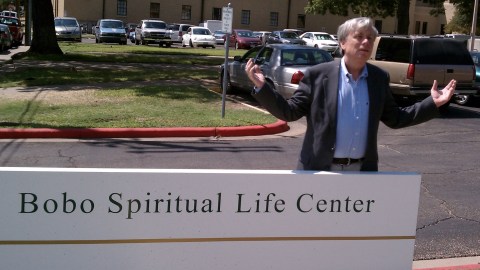Peter Lawler vs. Daniel Callahan on the Right to Live and the Duty to Die

So here’s the transcript of a debate I had with the brilliant and incredibly prolific (and old) bioethicist Daniel Callahan on how to frame end-of-life issues these days. Students at Singularity U. might actually be gratified that I’m more sympathetic to personal prolongevity than I sometimes seem. Of course, I’m not nuts about it.
An excerpt from ME:
It’s good that we believe what Daniel Callahan apparently does not: People have every right to live as long as they can. The old have no obligation to step aside for the young, either for the benefit of society or for the benefit of the species. There’s no such thing as a “complete” human life in this world. Free persons always want more, for reasons both narcissistic and relational, and it’s somehow in the nature of free persons to be in rebellion against the cruel and random nature that is out to extinguish all personal beings. Free persons, of course, can believe that their deep longings can be satisfied only by a personal Creator, but there’s no denying that the personal longings persist even as that belief erodes.
Our society is aging. We have more old and relatively unproductive people and fewer young and productive ones. Nobody knows how to reverse that trend. There is some connection that has not been fully explored between our techno-pursuit of indefinite longevity and our birth dearth, and it’s natural for the young to become resentful of the burden the frail aged will impose on them.
Partisans of limited government will be increasingly concerned with burgeoning medical costs, especially in the last years and months of life, but there’s still no duty for any person to die. Nature, in truth, provides no fixed guidance for how long free persons might live, and we free persons consent to medical and technological efforts to extend life as long as we can. We can’t artificially impose some age limit on when lives should end, and we have no certainty about any natural limits on our personal, techno-pursuit of indefinite longevity.
The only limit to personal freedom we can affirm is personal love. Callahan is perfectly right that the impulses to cure disease and prolong life have to be limited by personal care, by what’s best for a free being with a soul, but there’s no social or socio-biological standard higher for us than what’s best for each of us as the free, lovable, and dignified person.




